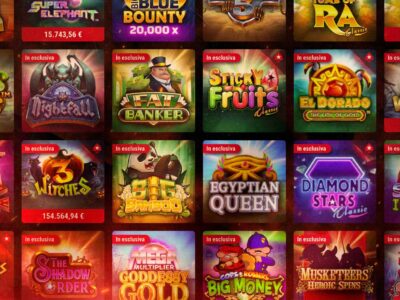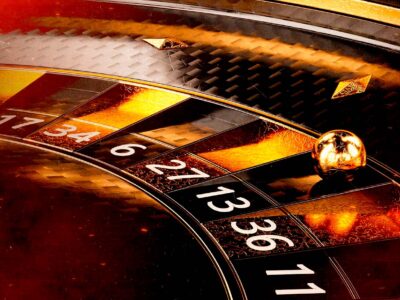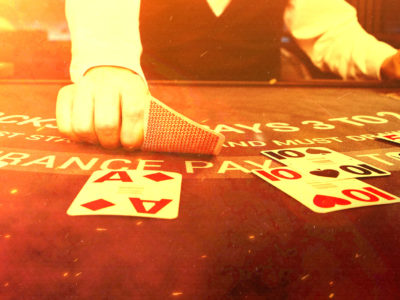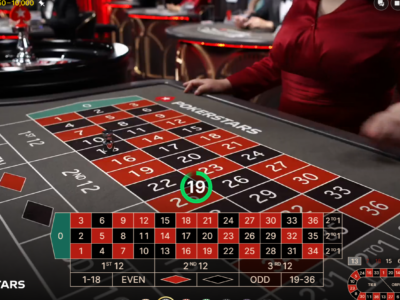Poker players are always looking for an edge, and for much of the game’s history some of the best poker strategy advice has been delivered via strategy books. Such books are usually designed to be read and reread in order to arm players with a better knowledge of how to win than what their opponents possess.
More recently other methods to study the game have emerged. Just as online poker has grown over the last two decades, so, too, have discussion forums, online articles, instructional videos, live streaming, coaching (including remotely over the web), and other ways of accessing strategic advice.
Even so, there are some poker strategy books — even some written many decades ago — from which contemporary players can benefit greatly despite the constant evolution of playing styles and discovery of new concepts to help both cash game and tournament players.
Here is a list of the five best poker strategy books we can recommend. While some elements of each have become dated, all have remained relevant not just because of their historical importance, but practically speaking, too. We’ve ordered the list chronologically, and indeed each of the five provides something unique to those of you looking to improve your game.
Doyle Brunson, Super/System

“Super/System”
First published in 1978 with the eye-catching title How I Won $1,000,000 Playing Poker, Doyle Brunson‘s book collected contributions from several different authors each of whom focused on a different variant, with Brunson himself contributing the longest section about what was then still a relatively new game to many, no-limit hold’em.
Brunson recruited Mike Caro for a section on five-card draw, Chip Reese for seven-card stud, Joey Hawthorne for lowball games (including ace-to-five, deuce-to-seven, and razz), David Sklansky for seven-card stud hi-lo, and Bobby Baldwin for limit hold’em.
Meanwhile Brunson himself wrote about what he famously called “The Cadillac of Poker Games,” no-limit Texas hold’em. Brunson advocated an aggressive style he referred to as “power poker,” one designed to put opponents on the defensive. It was revolutionary at the time, and remains effective today as an introduction to how poker players can pressure opponents into making mistakes by putting them to difficult decisions.
Mike Caro, Book of Tells

“Book of Tells”
When Brunson’s book appeared, it was really geared toward the professional poker player as indicated by the book’s original $100 price tag. In its wake came a few other strategy books targeting a wider audience, one of which was Mike Caro’s classic Book of Tells.
Subtitled “The Body Language of Poker,” Caro’s book categorizes all sorts of at-the-table behaviors to help readers interpret all of the ways players can give away the strength of their hands — and, importantly, learn how to prevent giving away such information themselves.
While some of Caro’s advice is dated — and all of the photos are, with their fantastic early 1980s fashions — many of the core ideas are still worth learning for novice players, especially those used to online poker who are just starting to give live poker a try.
David Sklansky, The Theory of Poker

“The Theory of Poker”
David Sklansky’s The Theory of Poker doesn’t focus on no-limit hold’em, which today is the single most popular variant. Even so, Sklansky’s book is perhaps the most “timeless” one on this list, despite having first appeared over three decades ago.
That’s because — as the title suggests — Sklansky adopts a more theoretical approach toward the game, focusing on many common situations faced by poker players no matter what variant they are playing. Most of the chapters focus on particular concepts (e.g., semi-bluffing, slow playing, position) and provide a comprehensive discussion of each.
Many poker players have credited The Theory of Poker with teaching them “how to think” at the poker table, which is probably the most succinct way to recommend the book. (Incidentally, this year Sklansky revisited the book and produced a revised version titled The Theory of Poker: Applied to No-Limit.)
Richard D. Harroch and Lou Krieger, Poker for Dummies

“Poker for Dummies”
Okay, so you might not want to be seen anywhere close to a poker room or casino reading a book titled “Poker for Dummies.” But for an absolute novice who wants a general introduction to poker rules, some beginning strategy advice, and an introduction to the game’s history and terminology, this book by Richard D. Harroch and Lou Krieger still serves as a decent starting place despite its age.
It should be said some sections of Poker for Dummies are outdated enough to have become obsolete, in particular those concerning what was then the brand-new variety of the game — online poker. Some of the strategic advice also doesn’t readily apply very well to today’s game, although can still be helpful when it comes to many home games filled with inexperienced and/or “loose” players.
Speaking of home games, there’s even a chapter explaining how to set up and run your own. Discussions of bankroll management, differences between cash games and tournaments, the “psychology of poker,” and other topics also remain worthwhile. Those with some acquaintance with the game and poker strategy won’t need to start here, but brand new players looking for an easy-to-read and useful introduction to the game certainly can.
Dan Harrington and Bill Robertie, Harrington on Hold’em

“Harrington on Hold’em”
Some just getting into poker today may not realize that tournaments are a relatively recent development in the game’s history, only really becoming popular around the late 1990s and early 2000s (when online poker arrived).
There had been other tournament strategy books prior to Dan Harrington and Bill Robertie‘s three-volume series Harrington on Hold’em, but none were as influential. In fact, the first volume is the best selling poker strategy book of all time.
The authors cover just about everything related to tournament strategy in these books. While the first volume focuses more on advice related to the different stages of a hand, the second gets into tournament-specific situations related to stack sizes and “inflection points” as well as short-handed and heads-up play. The third volume then provides a “workbook” consisting of 50 hand “problems” to solve — a great way to apply and reinforce the concepts.
Other Recommended Titles
Looking at other strategy books (and poker ebooks) players often recommend — and especially focusing on books from the last 10-15 years — tournament players might also still appreciate Gus Hansen‘s Every Hand Revealed, one of the earlier examples of tournament strategy presented in the form of hand-by-hand analyses.
Daniel Negreanu‘s Power Hold’em Strategy follows the format of Super/System by having many guest authors contribute, with Negreanu’s own lengthy section on his “small ball” strategy a highlight.
Those looking for a more updated and thorough discussion of poker tells should check out Zachary Elwood‘s three books on the subject, starting with his very well-regarded Reading Poker Tells. Meanwhile Tommy Angelo‘s Elements of Poker and the two-volume The Mental Game of Poker by Jared Tendler and Barry Carter have received praise for their discussions of “poker psychology.”
Among the most recent publications, Jonathan Little‘s Mastering Small Stakes No-Limit Hold’em has earned acclaim while also appearing in our list of the best poker audiobooks.
Meanwhile for those seeking more advanced strategy and poker theory, Matthew Janda‘s Applications of No-Limit Hold’em, Andrew Brokos‘s Play Optimal Poker, and Michael Acevedo‘s Modern Poker Theory have each received a lot of attention as well as ringing endorsements from players as candidates for the best poker book to read.
As these latter titles suggest, poker strategy books continue to have relevance even today, offering players lots of sound advice as well as a needed break from their laptops and screens.
So… enough reading about poker books online… go pick up one! You’ll be surprised how much you can learn.
Back to TopView Other Blogs






















